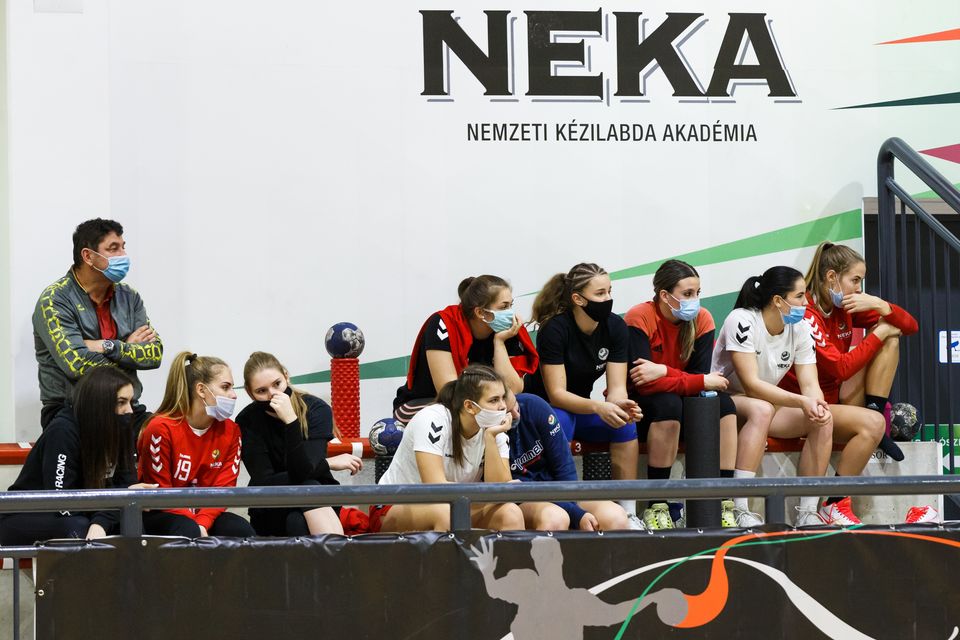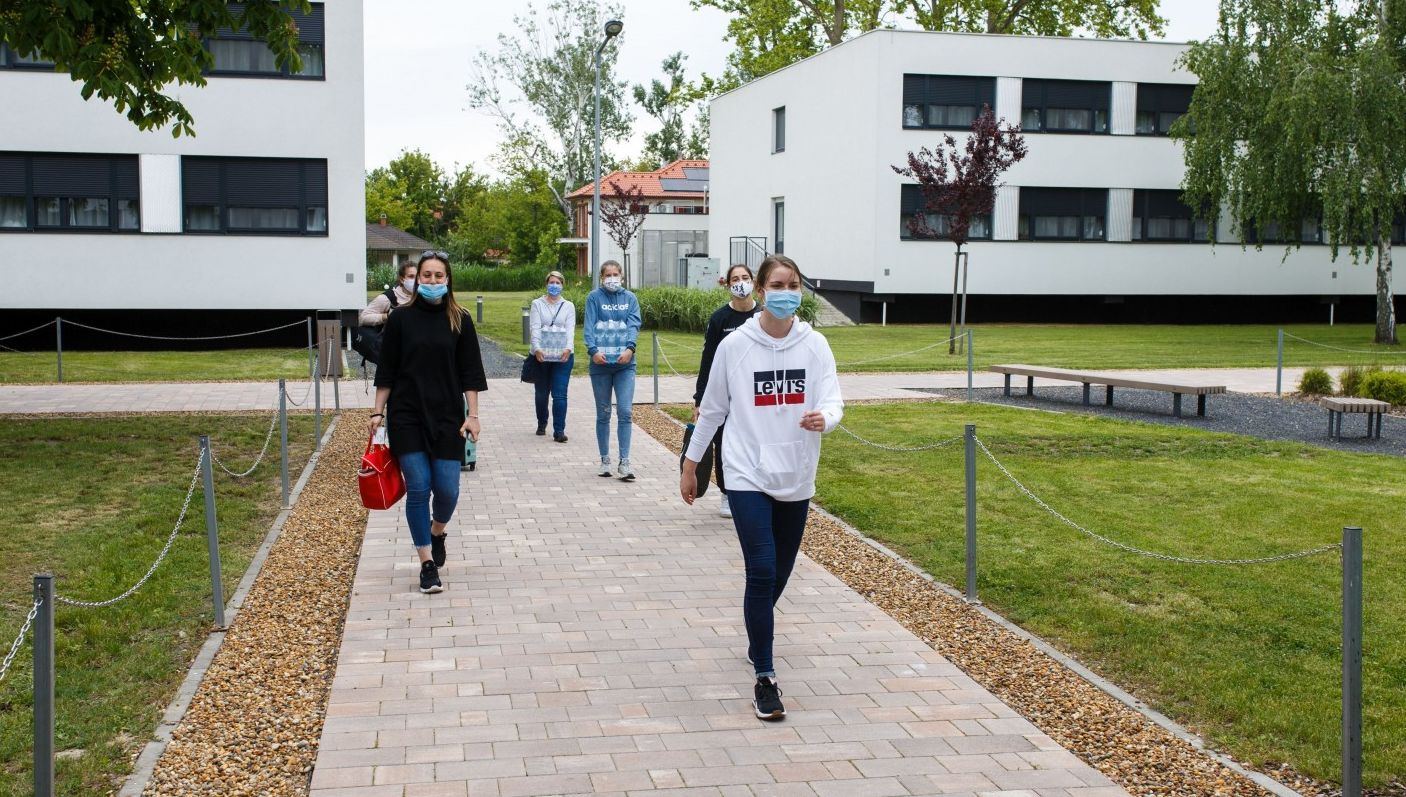
2020. October 15, Thursday 12:30 | Scientific background

Based on the experience so far, what do the kids most care about, how clueless do they feel?
Dániel Baky: As for the moment, the only certain point is uncertainty. The COVID situation is new to everyone, there are no coping mechanisms, it is difficult to deal with these unexpected situations. Few months is quite a long time if compared to a kid’s age, while for athletes aged 30-40, if a year drifts away, it is a much more predictable time horizon compared to their age. It is a much bigger slice of a young person’s life, so it is by no coincidence that a longer-term plan is harder to set up at this age. Obviously, such a long, uncertain period can affect a teenager much more than an adult, although existential anxiety tends to affect the latter age group. A tournament that finishes without a result will test the children’s sense of justice as they reflect on how proportional the final standings will be to the work invested. A growing uncertainty factor can also be if the sporting value of matches between teams set up without the missing players is rightly questioned.
Nikolett Szabó: System, safety, stability are very important in the lives of athletes, which is the reason why losing them can pose a problem for them. The various horror rumours heard in the media are no good either, young people can become desperate, they do not know what to expect, they get scared. Most people think that they will lose the work they have invested so far, in which case it is important to make them aware that their talents and abilities will remain the same, although physical endurance actually does begin to decline when they get infected with the disease or they are quarantined. This thing, however, if they can train again, they will be able to bring back. Figuratively put: the fruit that has been packed in their little bag so far - that is, what they have already learned - is there, it does not roll away, only now we need to take a little rest.
Being team athletes, NEKA children are already accustomed to crying and laughing together with their peers, which may make things easier for them when, for example, they have to quarantine together or face other difficulties.
In what ways can a professional help in such situations?
D. B.: As a sports psychologist, I consider it important for young people to be able to talk openly with someone about their anxieties, fears and reluctance, it is good to be able to articulate these feelings, which they then have to accept. For an athlete, it can even cause anxiety if you feel unmotivated; but if one accepts this, for indeed there is every reason to be unmotivated, one can move on.
N. Sz.: All possible scenarios need to be outlined to them, it is very important to reassure them and explain how to think about this situation and to have everyone talk about their fears. Athletes need to be cognitively and emotionally strengthened and helped to master mature coping strategies in these difficult times. To highlight how to try to get the most out of a given situation; for example, if they have not gotten home for a long time, now enjoy being with family, do not get bored, but find a new occupation for themselves that they would not otherwise have time for. It does matter if they see that particular glass as half empty or half full. It is also worth setting short-term smaller goals with them.
Of course, it is also a matter of personality, attitude, self-confidence, individual reactions in this situation, but a lot depends on what is in the minds of the children and how they can sort their thoughts out.
Which tools can be of use in the current situation?
D. B.: Setting short-term goals can be a good method. For example, if progress may not be expressed in scores or performance indicators, setting up an individual development plan may be the solution. We can discuss what level the player would like to reach in a month or two, what are the technical elements in which he or she would like to develop, i.e. the player can temporarily refocus the work to move beyond these periods. The main goal in front of everyone is to make it to a big team once or possibly to a national team. There are plenty of steps leading all the way up to reaching that main goal, and at the moment, in this pandemic situation, you have to find something to work on that can get someone closer to his or her goal.
N. Sz.: In psychological tests, there is a factor called coping with a stressful situation, which examines that if something unexpected happens to an athlete, how he or she reacts to it. Handball players must adapt to new situations on a daily basis in training, matches, on the field, but often also in life. Therefore, the feeling of insecurity is not fundamentally new to them, so they need to treat the current situation similarly to other unstable situations. Of course, it is hard, because the whole world is affected by this epidemic, and while, for example, in the event of an injury, a partner can help, you can tell what it was like when the player was injured before, with COVID, however, no one has really got the experience yet. The most important thing is that everyone tries to keep their calm and peace of mind as well as their physical condition – and of course, they can count on our help concerning that.
